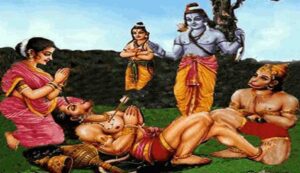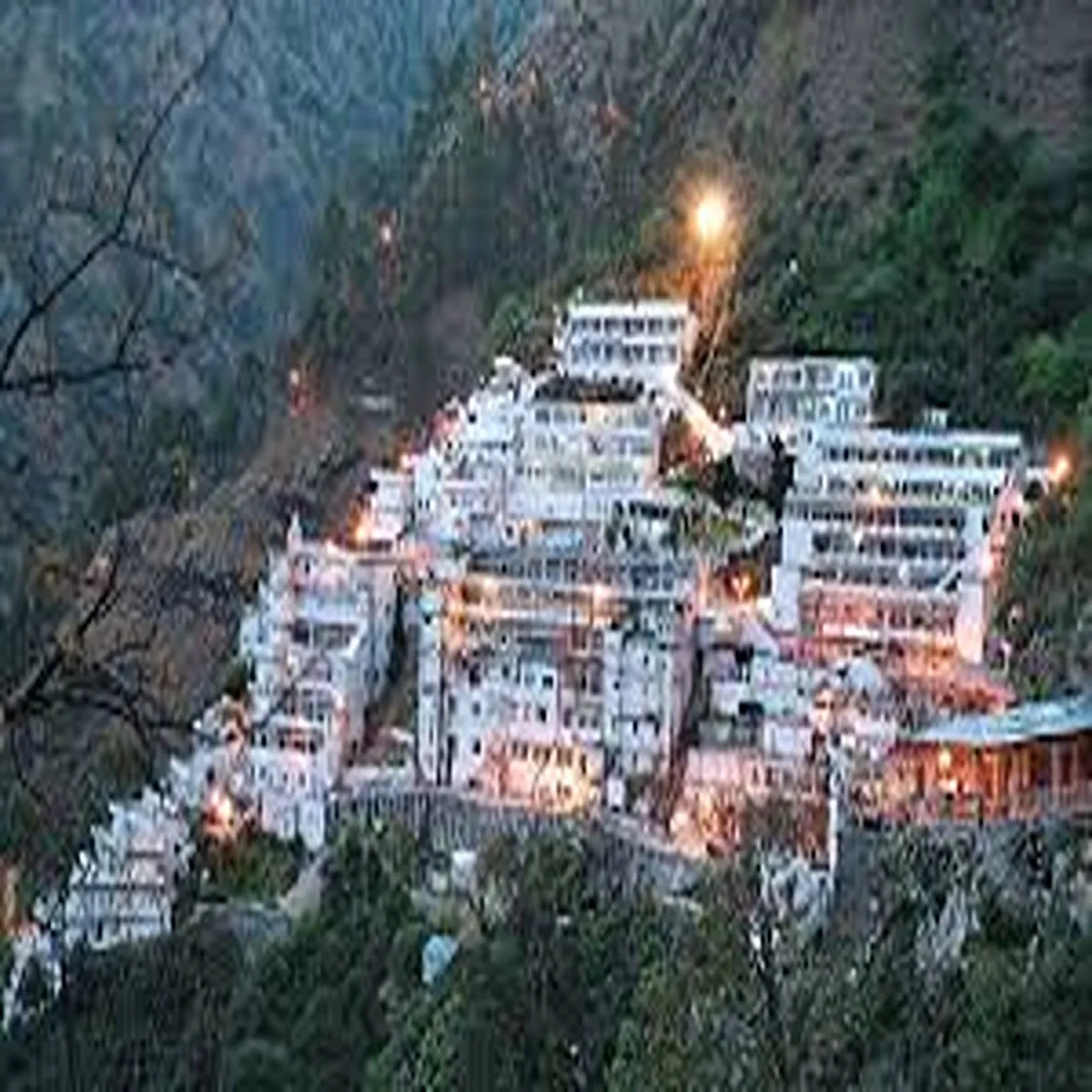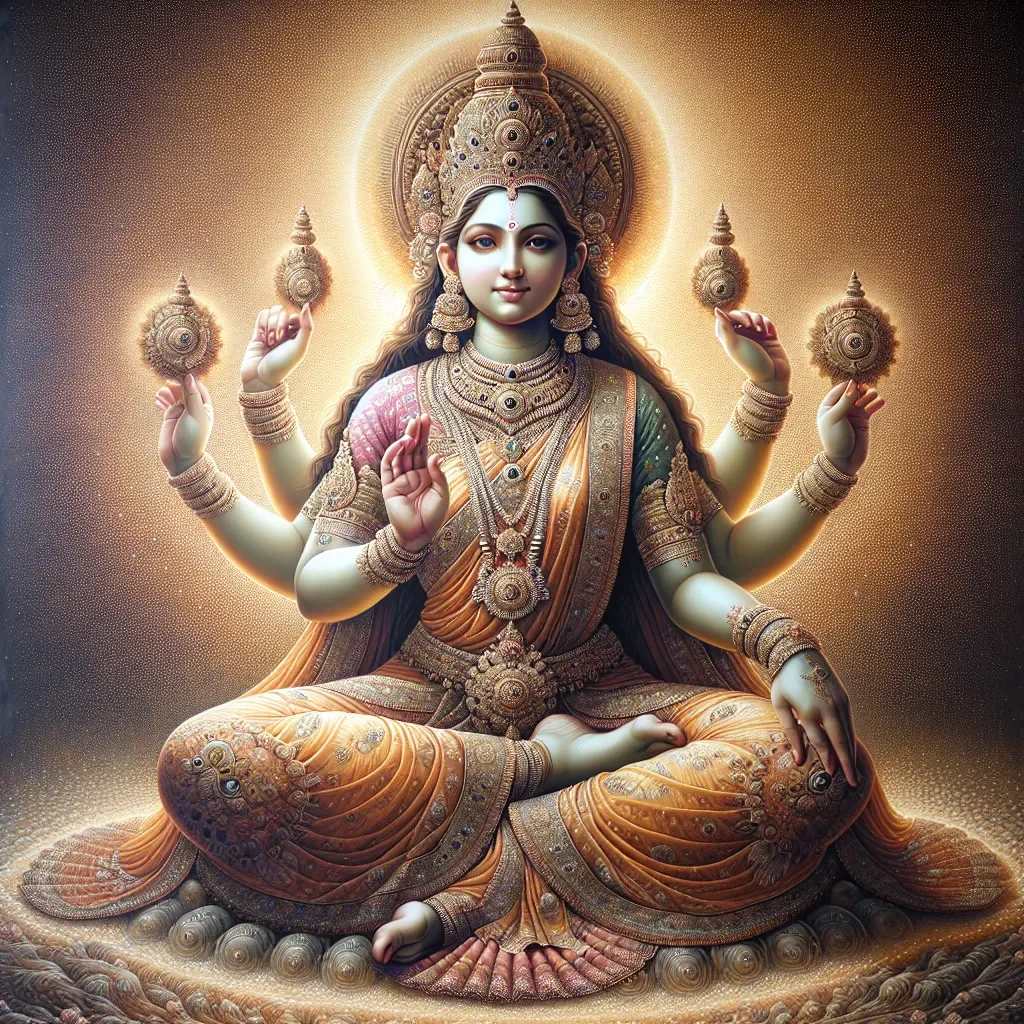Bali ka Vardaan: Know, what was Bali’s divine boon and why did Shri Ram kill Bali
Bali ka Vardaan: In the ancient Indian epic Ramayana, Bali has a distinct and complex personality. Bali, the Kishkindha monkey king, is revered as a powerful warrior and a symbol of strength. However, his father, Indra, gave him a boon that was the source of his strength. Bali gained incredible power from this blessing, but it also eventually brought him his demise. We shall get a detailed understanding of the significance of Bali’s gift, its consequences, and the events that followed via this story.

Overview of Bali
The monkey king Risharaj and his wife Aruna had a child named Bali. Since boyhood, Bali has been taught courage by Risharaj, who was an avatar of Indra. Bali and his brother Sugriva were raised in Kishkindha. Since his early years, Bali has been endowed with amazing strength and ability, and he gained notoriety for his bravery. Along with his brother Sugriva, he fought in several conflicts and vanquished innumerable adversaries.
Bali’s blessing
His strength came mostly from Bali ka Vardaan. His father, Indra, bestowed this gift upon him. Bali was endowed with a special power by the god-king, Indra. This boon states that Bali would immediately absorb half of the power of any adversary that engaged in combat in front of it. As a result, Bali’s strength would double and any warrior who faced him would lose it. Bali was unbeatable thanks to this gift, and he proved his might in several conflicts.
Bali’s show of strength
Bali proved his might by fighting several battles and vanquishing innumerable adversaries. His triumph against the demon king Ravana is his most well-known accomplishment. Bali was challenged by Ravana, the ruler of Lanka. With the help of his boon, Bali vanquished Ravana and forced him to go around Kishkindha by hanging him by his side. Bali’s strength and bravery gained international recognition as a result of this tragedy.
Bali proved his might in several more conflicts as well. He battled and vanquished the Rakshasas and Asuras. Under his leadership, Kishkindha developed into a strong and affluent kingdom. In his realm, he was revered as a deity because of his bravery and strength.
The Conflict Between Sugriva and Bali
An essential aspect of the Ramayana narrative is the conflict between Bali and Sugriva. Following their father Rishraj, Bali and Sugriva were both qualified to succeed their father as king of Kishkindha. But their romance was ruined by an event. Bali and Sugriva once came upon Mayavi, a demon. Mayavi hid in a cave and confronted Bali. After asking Sugriva to stand watch outside the cave, Bali went inside to battle Mayavi.
Sugriva believed Bali was dead when he did not emerge from the cave for many days. Sugriva returned to Kishkindha after blocking the cave’s entrance with a massive stone. He became the king after informing the realm of Bali’s death.
Bali, however, was still alive. He killed Mayaavi in an attempt to escape the cave, but he was unsuccessful. After battling for many days, Bali eventually got the stone out and made his way back to Kishkindha. He became enraged at seeing Sugriva as king and banished Sugriva from the realm. Since Bali’s boon prevented him from getting to Rishyamuk Mountain, Sugriva sought sanctuary there to preserve his life.
The Misdeeds of Bali
His authority came from Bali ka Vardaan, but he also abused it. He banished his brother Sugriva from the realm after mistreating him. Additionally, he seized Ruma, Sugriva’s wife. Bali therefore abused his position of authority and followed the Adharma path.
The basis for Bali’s demise was this immoral inclination. He mistreated his brother in addition to using his boon against his adversaries. He became conceited due to his position of authority, neglected his responsibilities, and followed the Adharma path.
Arrival of Shri Ram
Sugriva sought safety atop Rishyamuk mountain from Bali’s injustice and immorality. Sugriva prayed for their assistance one day when Shri Ram and Lakshman were close to Rishyamuk mountain in pursuit of Sita. Sugriva and Shri Ram became buddies because of Hanuman ji. Sugriva begged Shri Ram for his assistance after informing him about Bali’s oppression and injustice.
Shri Ram decided to assassinate Bali and pledged to assist Sugriva. He promised Sugriva that he would murder Bali and give him back his kingdom. Because Bali had chosen the road of immorality and had treated his brother unfairly, Shri Ram made the choice to establish Dharma and justice.
Bali’s murder
Sugriva was told to fight Bali by Shri Ram. Sugriva issued a war challenge to Bali. Bali battled in front of Sugriva, conscious of the might of his gift. Sugriva began to lose to Bali, but Shri Ram killed him with an arrow when he was hiding. Thus, Bali, who believed he was unbeatable, met his demise.
To establish Dharma, Shri Ram slaughtered Bali. By abusing his blessing, Bali had chosen the road of Adharma, and as a result, Shri Ram chastised him. His collapse was therefore eventually caused by Bali ka vardaan, the wellspring of his strength.
The Final Hours of Bali and Moksha
He questioned Shri Ram at the moment of his death on why he murdered Bali when he was hiding. Bali was informed by Shri Ram that he took this action in order to promote justice and Dharma. At the feet of Shri Ram, Bali expressed regret for his deeds and offered his life.
Bali received the blessing of Moksha from Shri Ram, who also named his son Angad Sugriva’s heir. Bali thus died as a result of adhering to the Adharma path, but in his last moments, he demonstrated devotion to Shri Ram, which helped him achieve Moksha.
Analysis of Bali’s Character
In the Ramayana, Bali’s character is crucial and very complicated. Blessed by the gods, he was a formidable warrior. However, his arrogance stemmed from his authority, and he mistreated his brother. Bali’s persona demonstrates how abuse of authority and the Adharma path inevitably result in destruction.
He was indestructible because of his gift, but he misused this ability. He chose to pursue the path of Adharma and ignored Dharma. His actions led to his demise, and this tale shows us that blessings and authority are only significant when used in the service of justice and Dharma.
The story’s conclusion
We may learn a lot from Bali ka Vardaan and his life. This tale explains how to wield power and boons in addition to highlighting their significance. No matter how much authority you have, the road of Adharma inevitably leads to your destruction, as Bali’s character reminds us. True strength comes from walking the path of Dharma, fairness, and truth.
Bali’s character is significant in this Ramayana tale, which teaches us that authority should be utilized for the sake of justice and Dharma rather than being abused. His narrative serves as an inspiration to us, motivating us to pursue the road of justice, truth, and yoga.

